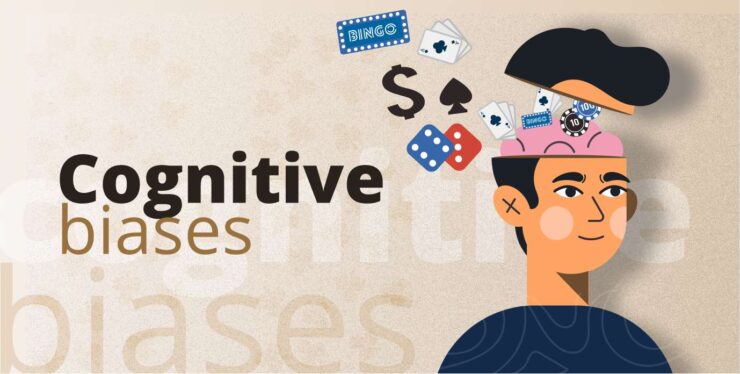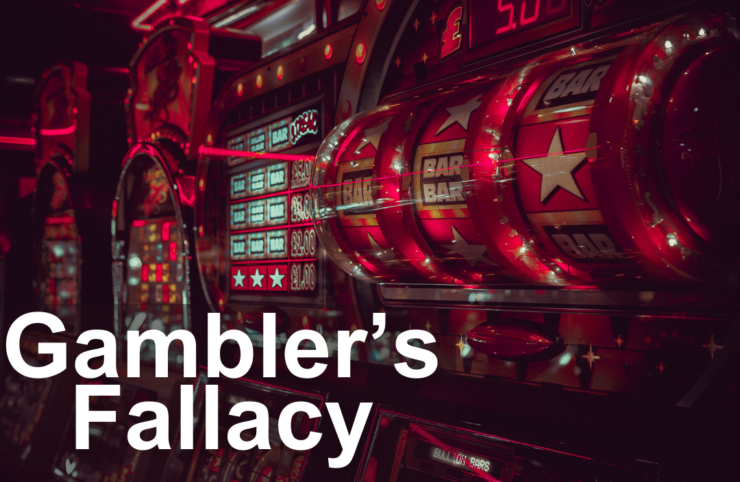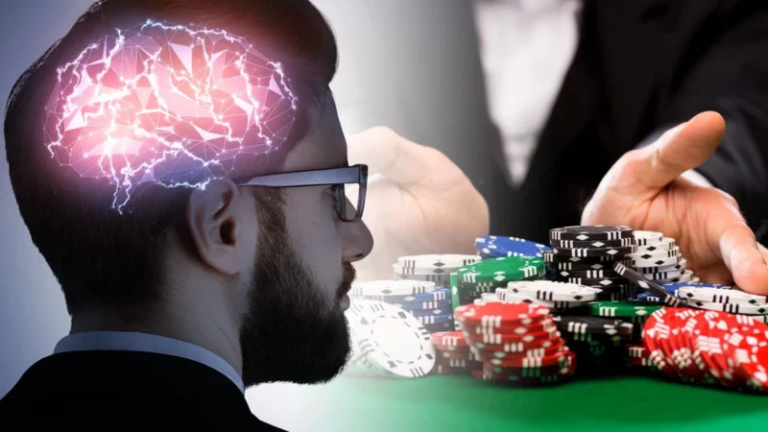Cognitive biases in gambling are mental shortcuts that often lead to flawed reasoning or decision-making. Gambling, a prevalent activity worldwide, is a fertile ground for these biases. Understanding these cognitive biases is crucial in recognizing why gamblers make certain decisions, often against their best interest. This post delves into the world of cognitive biases, shedding light on why people behave the way they do when gambling and highlighting the importance of being aware of these biases to foster responsible gambling habits.
What Are Cognitive Biases?

Cognitive biases are systematic patterns of deviation from norm or rationality in judgment, leading individuals to perceive reality in a subjective and often incorrect way. Common biases include the confirmation bias, where individuals favor information confirming their beliefs, and the hindsight bias, where one believes, after an event, that they predicted the outcome. These biases significantly impact decision-making, especially in high-stakes environments like gambling, by skewing perceptions and choices, often leading to irrational and detrimental decisions.
The Gambler’s Fallacy

The Gambler’s Fallacy is the mistaken belief that if an event happens more frequently than normal during a given period, it will happen less frequently in the future, or vice versa. For example, if a coin lands heads up several times in a row, one might wrongly assume that tails are ‘due’ to occur. Gamblers, including those engaging in online casinos Canada, often fall for this bias, especially in games of chance, mistakenly believing that past events can predict future outcomes, leading to flawed betting strategies and decisions.
Anchoring Bias in Betting
Anchoring bias occurs when an individual overly relies on an initial piece of information (the ‘anchor’) to make subsequent judgments. In betting, this might manifest as a gambler placing undue emphasis on a starting odds or a piece of information about a team or player. This initial anchor then disproportionately influences their betting choices, often leading to poor decision-making as subsequent information is not weighed appropriately against this anchor.
Loss Aversion in Casino Games

Loss aversion is the tendency to prefer avoiding losses to acquiring equivalent gains. In casino games, this bias is evident when gamblers are more affected by the fear of losing money than the prospect of an equal amount of winnings. For instance, a player might continue playing to avoid the pain of a loss, even when the rational decision would be to stop. This sensitivity to losses often leads to irrational decisions like chasing losses or playing longer than intended.
Availability Heuristic in Sports Betting
The availability heuristic is a cognitive bias where people overestimate the likelihood of events based on their availability in memory. In sports betting, this might involve overvaluing a team because of a recent high-profile victory, ignoring statistical data. This bias leads bettors to make decisions based on vivid memories or recent events, rather than on objective analysis, often resulting in flawed sports betting decisions.
Conclusion
Understanding cognitive biases in gambling offers invaluable insights into why gamblers make the choices they do. Recognizing biases like the Gambler’s Fallacy, anchoring bias, loss aversion, and the availability heuristic is key to responsible gambling. By being aware of these mental traps, gamblers can make more rational decisions, minimizing the risk of harmful gambling behavior. Applying this knowledge can lead to more enjoyable and safer gambling experiences.

